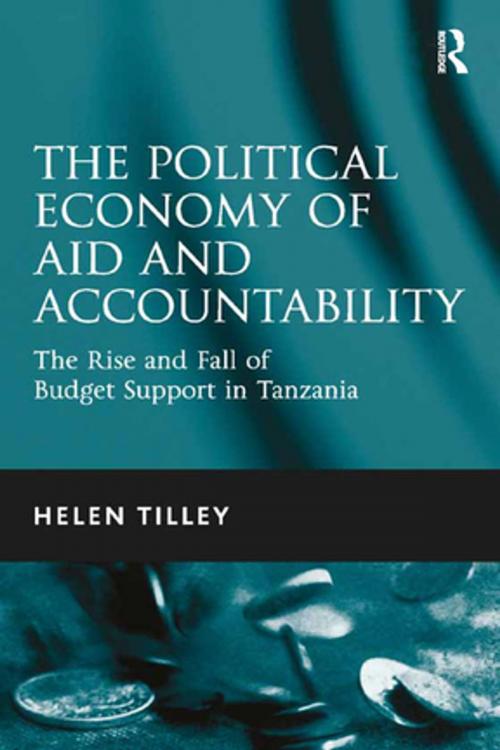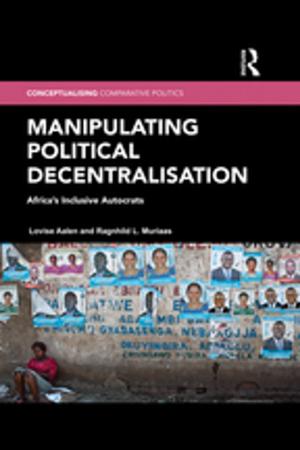The Political Economy of Aid and Accountability
The Rise and Fall of Budget Support in Tanzania
Nonfiction, Social & Cultural Studies, Political Science, Politics, Economic Conditions| Author: | Helen Tilley | ISBN: | 9781317020851 |
| Publisher: | Taylor and Francis | Publication: | February 24, 2016 |
| Imprint: | Routledge | Language: | English |
| Author: | Helen Tilley |
| ISBN: | 9781317020851 |
| Publisher: | Taylor and Francis |
| Publication: | February 24, 2016 |
| Imprint: | Routledge |
| Language: | English |
The provision of aid is increasingly under scrutiny with increasing demands for results. This raises the question: what are our expectations from aid and are they realistic? Too often accountability is argued for without questioning if what is understood by the term is relevant or applicable. The Political Economy of Aid and Accountability: The Rise and Fall of Budget Support in Tanzania explores the real meaning of accountability and argues for a new approach to aid more relevant to recipient countries. Offering fresh, insightful ideas Helen Tilley presents a contemporary theory of accountability through a case study of the delivery of general budget support in Tanzania. By considering the wider system of often contradictory political and social relations that influence and in turn constrain donor-government relations she questions the traditional understanding of accountability and deconstructs its epistemological assumptions. Engaging in an interdisciplinary discussion drawing upon economics, sociology, political science, anthropology, psychology and philosophy the book constructs a modern and nuanced understanding of accountability and foreign aid.
The provision of aid is increasingly under scrutiny with increasing demands for results. This raises the question: what are our expectations from aid and are they realistic? Too often accountability is argued for without questioning if what is understood by the term is relevant or applicable. The Political Economy of Aid and Accountability: The Rise and Fall of Budget Support in Tanzania explores the real meaning of accountability and argues for a new approach to aid more relevant to recipient countries. Offering fresh, insightful ideas Helen Tilley presents a contemporary theory of accountability through a case study of the delivery of general budget support in Tanzania. By considering the wider system of often contradictory political and social relations that influence and in turn constrain donor-government relations she questions the traditional understanding of accountability and deconstructs its epistemological assumptions. Engaging in an interdisciplinary discussion drawing upon economics, sociology, political science, anthropology, psychology and philosophy the book constructs a modern and nuanced understanding of accountability and foreign aid.















